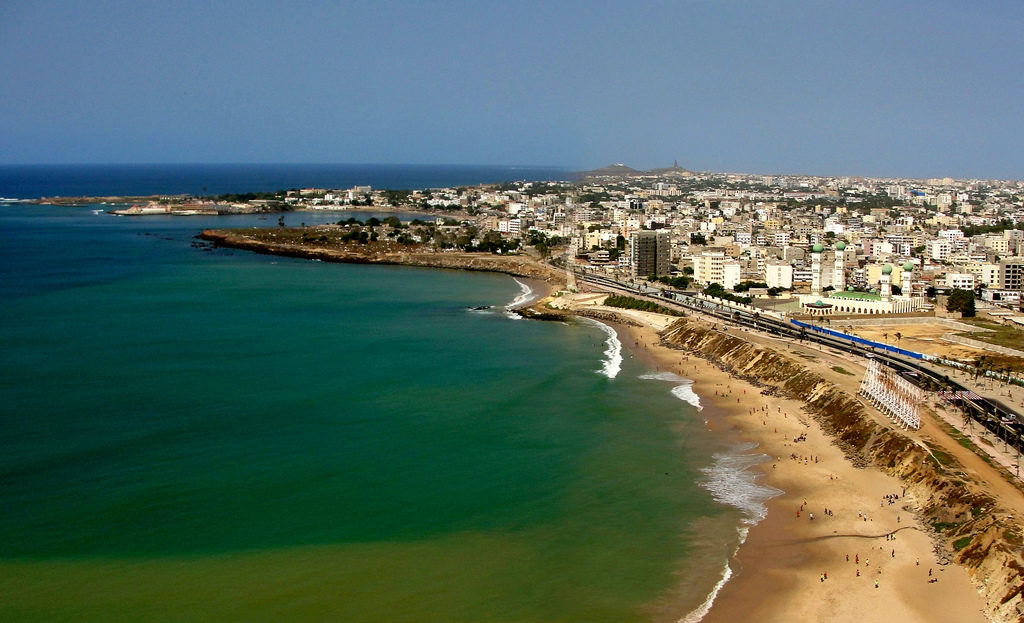French-speaking African countries are generally perceived to be lagging behind their English-speaking counterparts when it comes to innovation, but there are signs this is starting to change.
Whereas Kenya, Nigeria and South Africa rake in the funding, Francophone markets such as Cameroon, Senegal, Ivory Coast and Morocco are generally left fighting for scraps, with investors and corporates mostly steering clear.
Fayelle Ouane is co-founder and managing director of Mali-based startup support organisation Suguba, which is running the Francophone-focused L’Afrique Excelle programme on behalf of the World Bank. She says French-speaking African startups are unable to raise funding comparable to their Anglophone counterparts, due to several factors.
“Firstly, investors tend to view most Francophone African markets as too small. In 2016, even after a deep recession, the Nigerian economy was worth US$405 billion. That same year, the ECOWAS markets excluding Ghana and Nigeria, and therefore primarily Francophone countries, only amounted to US$120 billion dollars, less than 30 per cent of the size of the Nigerian economy,” she said.
“Secondly, in general the level of investment readiness of Francophone African startups is not as strong as that of their Anglophone counterparts, and thirdly the VC culture is less established in the region.”
This funding is mostly lacking at an early level. Though the likes of Partech and Orange Digital Ventures are active at a slightly later stage, Impact Dakar co-founder Aziz Sy says it is the lack of angels and early-seed investors that does most of the damage.
“The reason for it mainly has to do with an inadequate entrepreneurial system locally. There is a lack of giving back from successful entrepreneurs or business leaders, and a lack of will from corporates to engage with startups and with innovation,” he said.
Sy, who also pinpoints language and lack of exposure as reasons for Francophone startup ecosystems lagging behind, believes there are signs of development, especially when it comes to hubs. More needs to be done, however.
“It is the hubs’ job to make sure that the different members of the ecosystem can interact, in order to provide more experience, feedback and networks to the startups. But they are not supported or strong enough at the moment to carry out their mission fully and efficiently. Hubs do need more support,” he said.
There is evidence this support is on its way. Aside from the World Bank accelerator, other key recent developments in Francophone Africa include the launch of the Partech fund, and the establishment of a host of West African angel networks, from Togo to Benin to Senegal.
Marième Diop, who co-founded the Dakar Network Angels and also works at Orange Digital Ventures, says there are plenty of other reasons for investors to start looking more at Francophone markets. Portfolio diversification is one of them.
“Even in Kenya, Nigeria and South Africa there are not enough “good companies” to satisfy the appetite of all investors,” she said.
“Francophone Africa has 116 million inhabitants, and some countries share the same language and currency. The mobile market is growing, and a highly experienced and qualified diaspora is returning home to start companies. There are a growing number of tech hubs and investment funds supporting entrepreneurship, and companies in those countries are more likely to expand outside their initial markets for scaling.”
All good reasons for looking further afield. First mover advantage, something that long ago became very unlikely to achieve in, say, Nairobi, Lagos or Cape Town, is also attainable in Francophone regions.
“Many of our markets are completely untapped,” Ouane said, highlighting the fact that an Uber equivalent was able to raise funding in Mali in 2018.
“South Africa and Kenya are overcrowded right now. Francophone African startups have just as much talent as Kenyan and South African ones but they have largely been ignored until now. It’s time for investors and corporates to come to the region and uncover and groom these hidden gems and future gazelles.”
Slowly but surely, governments are trying to support local startup ecosystems. Francophone nations are leading the way when it comes to startup-friendly policies, with Tunisia, Senegal and Mali among those to have passed or be on the verge of passing dedicated “Startup Acts”. The Senegalese government is now also making direct investments in local tech startups.
Diop said the role of governments is to create favourable business environments, and said many French-speaking African countries are ahead of the game in this regard.
“Rwanda, Morocco, Ivory Coast and Senegal are shaping the way. In those countries, the government is supporting entrepreneurship in different ways. In Rwanda, they invest in the best companies and bring in foreign investors to further support them,” she said.
“In Ivory Coast they have good incentives to encourage investment, in Senegal the president created a new ministry dedicated to supporting youth and female entrepreneurship.”
All laudable initiatives, and ones that couple with developments elsewhere speak to a Francophone Africa that is slowly on the rise from a startup perspective. This is a process that will take time, however.
“I believe that in order to see significant changes in the performance of Francophone African tech startups, we need to give time for ecosystems to upscale, and this will take a few years,” Ouane said.
This is something that is, at least, already happening, and with more on-the-ground assistance than ever before Francophone African startups can look to the future with optimism.


